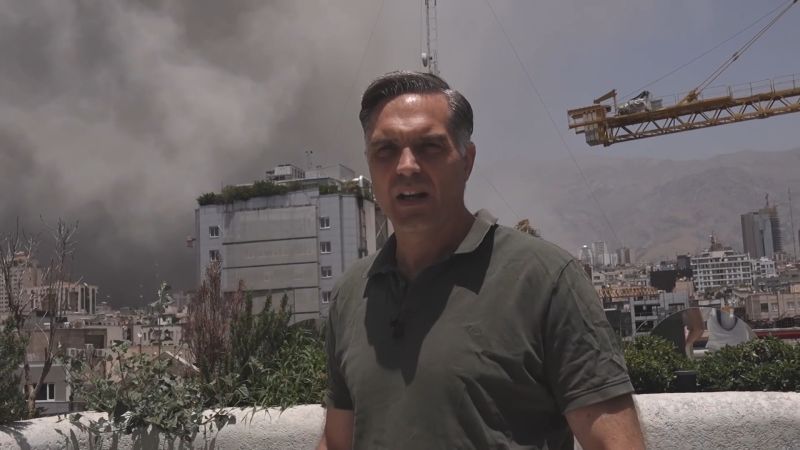Tehran Iran Airstrikes: US Strikes Iranian Nuclear Sites
The US strikes on Iranian nuclear sites have sparked a significant escalation in the region, with Iran vowing to retaliate and exchange of fire with Israeli forces, and the international community watching the situation closely, as the US and its allies prepare for a potential Iranian response.

The US has carried out strikes on Iranian nuclear sites, with the Pentagon confirming the operation involved over 125 planes, a submarine, and 14 "bunker buster" bombs, in response to Iran's nuclear program, which has sparked a vow of retaliation from Iran and exchange of fire with Israeli forces.
Satellite images show extensive damage at two nuclear facilities, Isfahan and Natanz, with black scorch marks, multiple collapsed buildings, and debris throughout the complex. The strikes, dubbed "Operation Midnight Hammer," were months in the planning, according to the US. Iranian Foreign Ministry spokesperson has described the US strikes as "unprecedentedly dangerous" and a "savage assault."
The situation has escalated with Israeli airstrikes hitting the north of Tehran, and Iran striking back at Israel, with reports of airstrikes in the north of the country. Protesters have taken to the streets in Tehran, condemning the US strikes and the Trump administration. The US Defense Secretary Pete Hegseth said "American deterrence is back" after the US strikes on Iranian nuclear sites.
The international community is watching the situation closely, with Germany's chancellor, Friedrich Merz, saying there was no reason to criticize the US for its strikes on Iranian nuclear sites. Iran's foreign minister, Abbas Araqchi, met with Russian President Vladimir Putin to discuss the situation in the Middle East. The US has expressed interest in diplomacy, but has also stated that it will not tolerate Iran's nuclear program.
As the situation continues to unfold, the US and its allies are preparing for a potential Iranian response, with the US embassy in Qatar advising American citizens to "shelter in place" and JP Morgan Chase restricting employee travel to the region. The extent of the damage to the sites is still being assessed, but satellite images suggest significant damage, and Iran has threatened to block the Strait of Hormuz, a critical waterway for global trade.